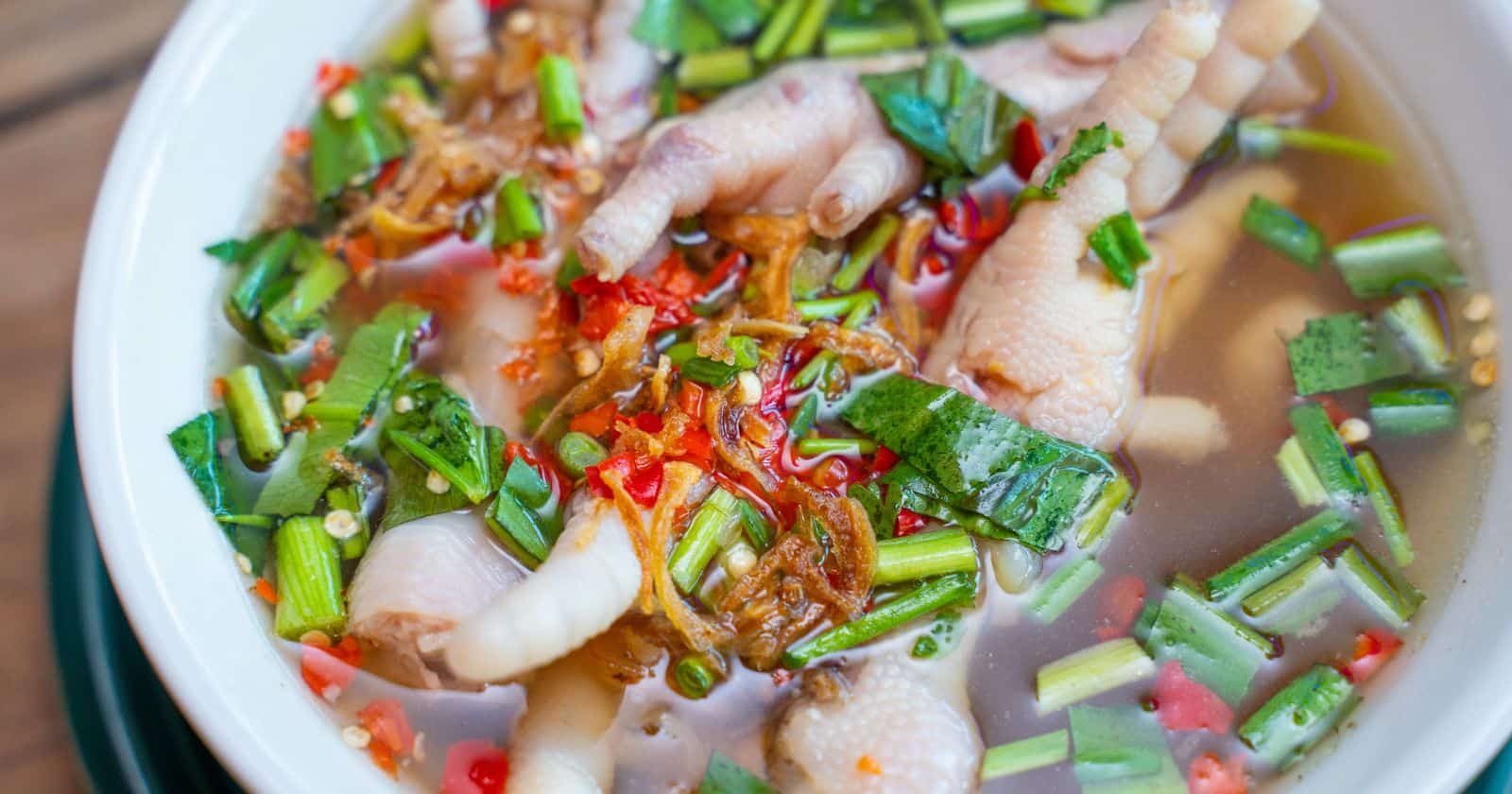Do you love spicy salsa and buffalo wings but struggle with constipation? If you’ve ever wondered whether eating spicy food can help get things moving, the answer isn’t so simple.
While spicy dishes may stimulate bowel movements, they come with some caveats:
- Mild
spice may provide relief by pulling fluid into the colon and stimulating contractions. - Very spicy foods can irritate the intestines, worsening constipation or causing diarrhea.
- Overdoing
spice raises the risk of dehydration and heartburn.
The impact of spicy food depends on your individual tolerance. With care,
This article explores how to use spicy foods to gently treat constipation without disrupting your digestion. Let’s break down the science!
How Spicy Foods Affect the Digestive System
The compound capsaicin gives hot peppers their fiery kick. Here’s how it influences your gut:
Stimulates Stomach Acid
Spicy food boosts stomach acid production, which helps break down food but may also cause heartburn.
Accelerates Intestinal Motility
Capsaicin speeds up the pace at which food passes through your intestines, which could cause diarrhea.
Draws Fluid to the Colon
Irritation from capsaicin pulls fluid into the colon, softening stool and making bowel movements easier.
Impacts Gut Bacteria
Spicy foods may reduce unhealthy gut bacteria linked to bloating, inflammation, and constipation.
So while spicy dishes have the potential to get things moving, they can also cause some uncomfortable digestive side effects.
Food Chemical Sensitivity
Some people may react to additives like monosodium glutamate (MSG) in spicy dishes rather than the
Those with sensitivities to MSG may experience headaches, flushing, sweating, nausea, or heart palpitations after consuming it. It may also contribute to constipation or diarrhea.
Tips for managing sensitivity:
- Review ingredients lists and avoid dishes with MSG.
- Opt for homemade meals where you control ingredients.
- Look for MSG-free labels when dining out or purchasing packaged foods.
- Limit intake of other common dietary trigger foods.
- Keep a food journal to identify problematic items.
- Speak to your doctor if you suspect a food additive sensitivity.
Being aware of all the ingredients in spicy dishes can help identify potential culprits if you experience constipation or other symptoms. Targeted elimination diets may also help pinpoint trigger foods.
Can Spicy Food Relieve Constipation?
Used moderately, spicy ingredients like chili peppers may provide constipation relief by:
- Increasing stool volume and softness through enhanced fluid content
- Stimulating muscle contractions in the intestines
- Supporting digestion with increased enzyme and bile secretion
- Discouraging growth of detrimental gut bacteria
However, very spicy foods can irritate the digestive tract and worsen constipation. Individual reactions vary based on
Drawbacks of Using Spicy Food as a Laxative
While small amounts of
- Can cause painful burning sensation in the intestines
- May irritate the gut lining and trigger diarrhea
- Can exacerbate heartburn and reflux issues
- Dehydration risk from increased fluid loss
- May worsen symptoms of digestive disorders like IBS
- Not suitable for those with ulcerative colitis or weak digestive systems
Mild
Tips for Managing Digestion with Spicy Food
You can balance the benefits and risks of spicy food for constipation relief with these tips:
- Gradually introduce mild spices like paprika to build tolerance
- Hydrate well before and after eating spicy dishes
- Limit intake of common irritants like coffee, alcohol, and NSAIDs
- Include soothing foods like yogurt, rice, and bananas
- Avoid spicy foods at dinner to prevent disrupted sleep
- Skip
spice during IBS or ulcerative colitis flares - Take antacids if you experience heartburn or reflux
Managing Hemorrhoids
Spicy foods can aggravate hemorrhoids, which are swollen veins in the anus and lower rectum. The irritation from spices can cause inflamed hemorrhoids to sting, burn, and itch.
Those prone to hemorrhoid flare ups should take caution with spicy food to prevent discomfort:
- Avoid dishes with hot peppers, curry, and other common irritants.
- Opt for milder spices like paprika instead of chili powder.
- Stay well hydrated to avoid constipation and straining during bowel movements.
- Use a sitz bath to soothe irritation after eating spicy meals.
- Apply over-the-counter hemorrhoid creams to reduce swelling and discomfort.
- Consider supplements like psyllium husk to soften stools.
- See a doctor if you experience bleeding or changes in hemorrhoid symptoms.
With care, those with hemorrhoids can still enjoy some spicy flavors in moderation. But limiting intake of irritating spices is key to preventing painful flares.
Impacts on Sleep
Eating spicy foods close to bedtime can lead to disrupted sleep and gastrointestinal distress. Here’s why:
- Spicy foods can cause indigestion, heartburn, gas or diarrhea during the night.
- The body may produce excess stomach acid to digest irritating spices, contributing to reflux.
- Intestinal discomfort from spices can make it difficult to fall and stay asleep.
- Dehydration from spicy foods leads to greater urine production, causing waking for bathroom trips.
To ensure quality sleep, it’s best to avoid spicy meals at dinnertime. Other tips include:
- Eat dinner at least 2-3 hours before laying down.
- Finish spicy foods even earlier, like 5-6 hours before bed.
- Avoid common trigger foods for reflux like tomatoes, onions or garlic.
- Sleep with head elevated to prevent nighttime heartburn.
- Drink fluids well before bedtime to limit bathroom interruptions.
- Take antacids before bed if needed to reduce acid reflux.
By being mindful of spicy food intake at night, you can prevent disrupted sleep and next-day drowsiness.
When to See a Doctor
Occasional constipation is common. But if you experience:
- Persistent changes in bowel habits
- Bleeding from the rectum
- Constant abdominal pain or cramps
- Unexplained weight loss
- Weakness or fatigue
See your doctor to identify any underlying condition requiring treatment, such as:
- Irritable bowel syndrome (IBS)
- Inflammatory bowel disease (IBD)
- Celiac disease
- Colon cancer
- Thyroid issues
- Nerve damage
Don’t rely on spicy food or laxatives as a long-term solution without consulting your physician.
Can Spicy Food Safely Relieve Constipation?
Incorporating mild to moderate
Combine
So go ahead and





